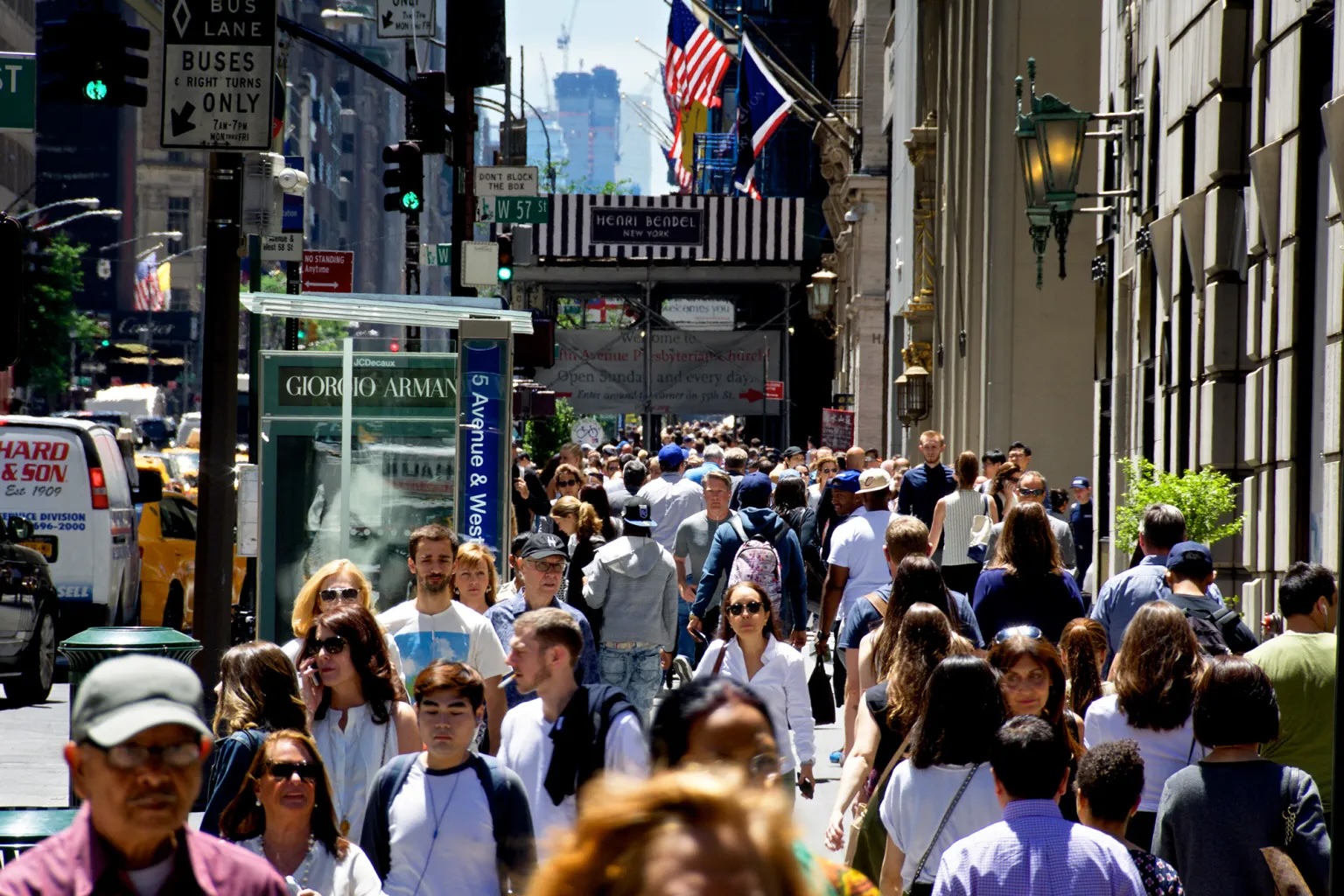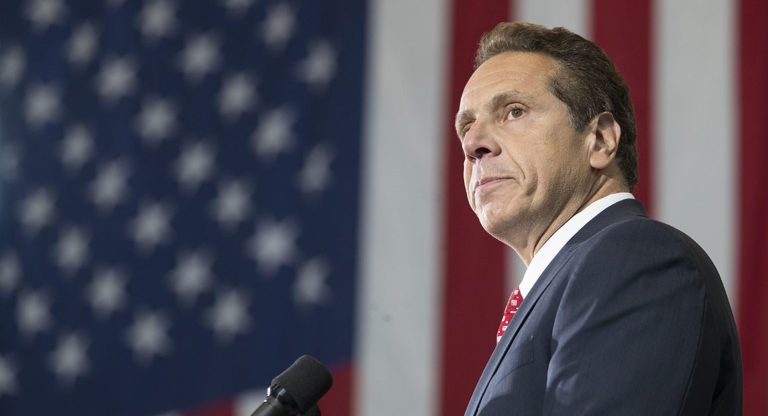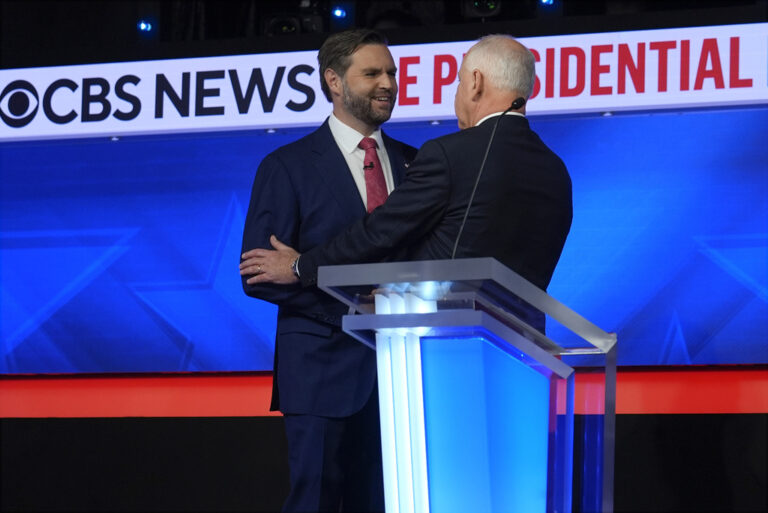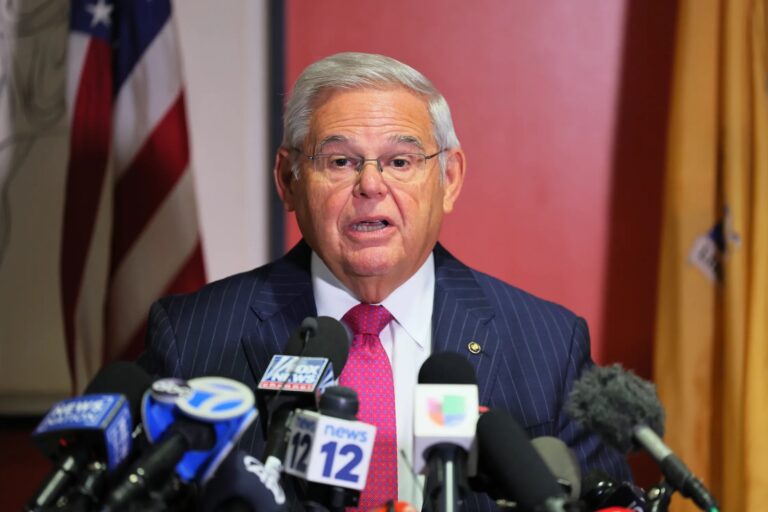
Election day is coming up, and too many New Yorkers won’t head to the polls because they believe their vote is meaningless. The common misconception is that nothing depends on their individual vote because they live in a historically predominantly blue state. The truth is that voting in the state of New York is crucial, and it has many more implications than most assume, especially in 2024.
This year’s ballot offers New Yorkers a rare and historic chance to influence fundamental rights in the state constitution itself, going beyond party lines and candidate selections. The chance to enshrine abortion rights in the New York constitution is presented by Proposition 1. This proposal guarantees that New Yorkers’ reproductive rights be safeguarded and expanded, protected beyond the scope of state law alone in a post-Roe world. And it goes much deeper: gender identity, sexual orientation, pregnancy outcomes, and other topics are among the new protected classes that Proposition 1 adds to the state’s Equal Rights Amendment.
Critics contend that the wording is ambiguous, igniting discussions about topics such as gender-inclusive policy and parental rights, and that making room for inclusivity could lead to overstepping actions from the government. However, advocates such as the New York Civil Liberties Union, Planned Parenthood, and Make the Road Action contend that this amendment reaffirms New York’s commitment to equality and protects civil and reproductive rights for coming generations. New York Attorney General Letitia James has also expressed support, pointing out its vital role in defending the rights of New Yorkers, especially concerning gender inclusion and reproductive freedom.
Propositions 2–6, a controversial set of changes, are also on this year’s ballot and aim to alter several provisions of the New York City Charter, which is effectively the city’s constitution. These measures likely constitute a hasty and possibly detrimental reorganization of city power, although some think they will simplify local government. These modifications have the potential to fracture the checks and balances between the mayor and the city council by giving the mayor more authority over many city services, such as public safety, fiscal supervision, and sanitation policy. Opponents argue that this change could compromise openness and accountability, giving future mayors greater discretion to circumvent council power and restrict public participation in crucial matters.
It’s crucial to recognize that New York State’s influence on national politics goes beyond party loyalty or historical voting trends, positioning it as a key player in the 2024 House of Representatives elections. New York is becoming a pivotal battleground as both parties compete, not just for a thin House majority but also for the opportunity to establish their larger national agendas, as several important congressional districts are becoming competitive. Republican wins in the state in 2022, specifically through flipping 3 House seats, demonstrated the possibility of GOP triumphs in areas thought to be secure for Democrats. Republicans have gained traction by capitalizing on suburban opposition to progressive NYC actions. New York’s Republican “wave” eventually resulted in a small GOP majority in the House, refocusing attention on the state’s cities and suburbs as pivotal locations for both parties.
There is a greater need than ever for New York voters in both major parties due to the escalating tensions surrounding policy issues ranging from economic policy to reproductive rights. If Democrats are to retake control of the House, they must focus on New York seats, including NY-3, where Tom Suozzi is trying to regain a traditionally Democratic seat following the scandals of George Santos; NY-17, where Democrat Mondaire Jones is trying to regain his seat from Republican Mike Lawler; and NY-22, where Democrat Josh Riley is trying to unseat Marc Molinaro. On the other hand, Republicans must win seats in regions like Upstate New York and Long Island to hold onto or expand their narrow advantage. If Democrats can regain their hold on the House, the ability of New York to flip these seats is what gives it the possibility for a supermajority.
Although a conflict between the parties may appear to be the main emphasis, the stakes are far more personal. These are choices about civil liberties, public safety, educational quality, economic stability, and reproductive rights. Voting is a direct way to preserve the things most important to us, not just a custom or duty.
Voters in New York have a significant impact outside of the state’s boundaries, and their goal is to create a future consistent with their ideals rather than merely preserving tradition. Feeling disenfranchised or disillusioned is easy, particularly when local issues seem to be overshadowed by national politics. Sitting out, however, only makes those problems worse.
So, bring a friend to the polls this November. Discuss with your loved ones why local issues are just as important as any presidential election. Demonstrate to the country that New Yorkers are aware of the stakes and prepared to shape the future of both our state and our nation.
The Zeitgeist aims to publish ideas worth discussing. The views presented are solely those of the writer and do not necessarily reflect the views of the editorial board.



